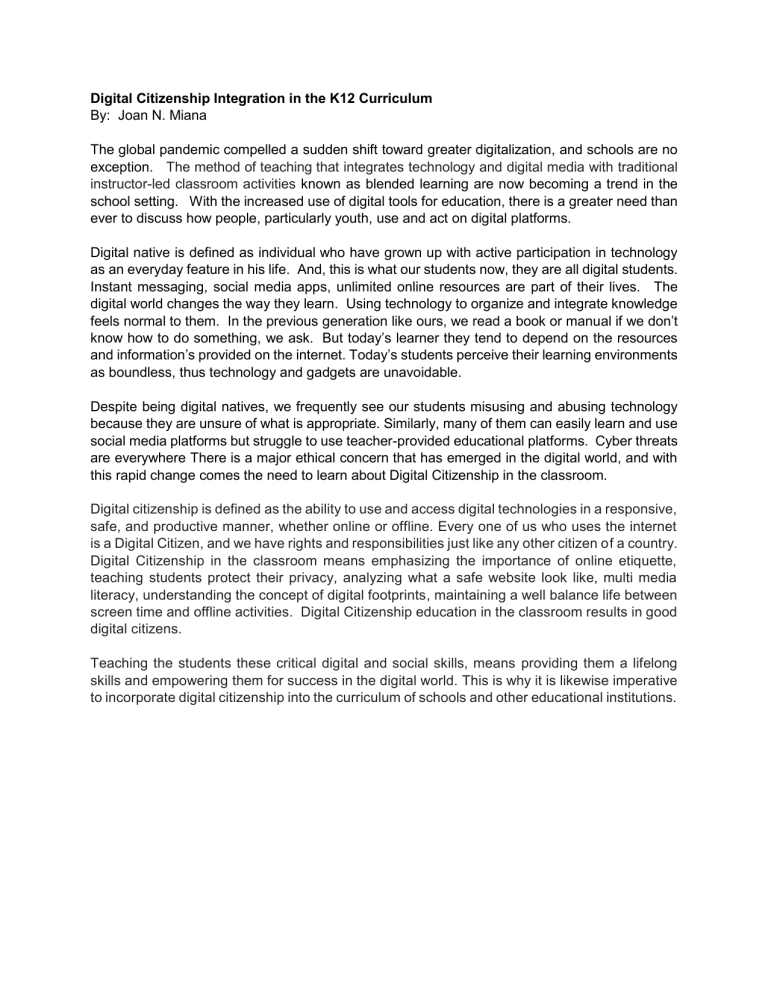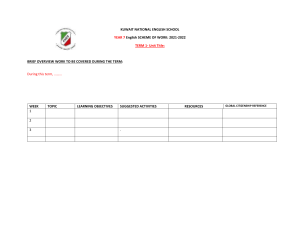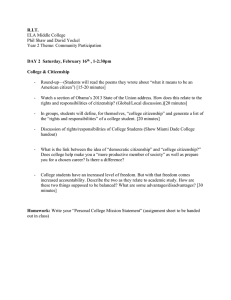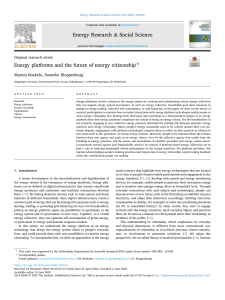
Digital Citizenship Integration in the K12 Curriculum By: Joan N. Miana The global pandemic compelled a sudden shift toward greater digitalization, and schools are no exception. The method of teaching that integrates technology and digital media with traditional instructor-led classroom activities known as blended learning are now becoming a trend in the school setting. With the increased use of digital tools for education, there is a greater need than ever to discuss how people, particularly youth, use and act on digital platforms. Digital native is defined as individual who have grown up with active participation in technology as an everyday feature in his life. And, this is what our students now, they are all digital students. Instant messaging, social media apps, unlimited online resources are part of their lives. The digital world changes the way they learn. Using technology to organize and integrate knowledge feels normal to them. In the previous generation like ours, we read a book or manual if we don’t know how to do something, we ask. But today’s learner they tend to depend on the resources and information’s provided on the internet. Today’s students perceive their learning environments as boundless, thus technology and gadgets are unavoidable. Despite being digital natives, we frequently see our students misusing and abusing technology because they are unsure of what is appropriate. Similarly, many of them can easily learn and use social media platforms but struggle to use teacher-provided educational platforms. Cyber threats are everywhere There is a major ethical concern that has emerged in the digital world, and with this rapid change comes the need to learn about Digital Citizenship in the classroom. Digital citizenship is defined as the ability to use and access digital technologies in a responsive, safe, and productive manner, whether online or offline. Every one of us who uses the internet is a Digital Citizen, and we have rights and responsibilities just like any other citizen of a country. Digital Citizenship in the classroom means emphasizing the importance of online etiquette, teaching students protect their privacy, analyzing what a safe website look like, multi media literacy, understanding the concept of digital footprints, maintaining a well balance life between screen time and offline activities. Digital Citizenship education in the classroom results in good digital citizens. Teaching the students these critical digital and social skills, means providing them a lifelong skills and empowering them for success in the digital world. This is why it is likewise imperative to incorporate digital citizenship into the curriculum of schools and other educational institutions.



